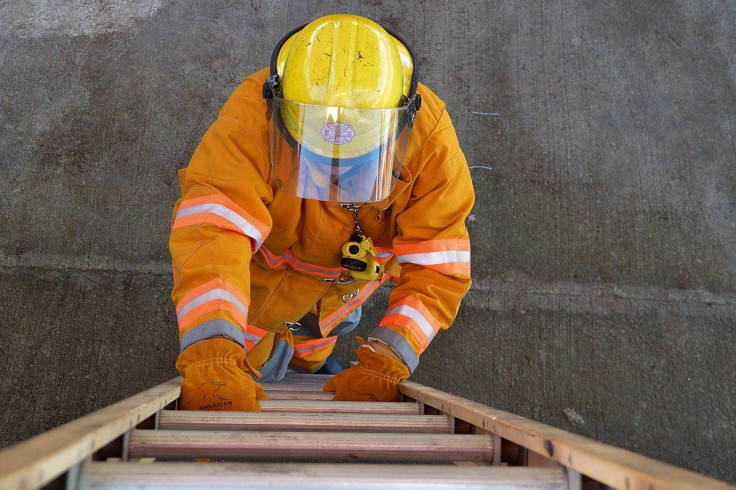Falling Off A Ladder Can Cause Long-Term Mental And Physical Problems Beyond Broken Bones

KEY POINTS
- Ladder injuries could lead to several health problems and not just broken bones
- Patients revealed their mental health suffered as they had to deal with anxiety and depression
- There are others who suffered from long-term bouts of pain
Falling off ladders may cause victims not just broken bones but could also result in the development of chronic physical and mental problems.
Researchers of a new study examining ensuing health issues that develop after falling off from a ladder say broken bones may not be the only consequence. The study involved 134 participants who fell off ladders in the past and were brought to emergency departments in two medical facilities in Queensland, Australia, during the period October 2015 to October 2016.
Over half of the victims were male aged 55 years and over. Many of them fell off the ladder and suffered injuries while performing chores around the house. “Ladder falls go far beyond that of the physical injury; they significantly impact a person's mental health and the whole family,” says Rob Eley, the author of the study, who is also an academic research manager at the University of Queensland’s faculty of medicine.
In the university’s news release about the study, Eley revealed that falls relating to ladders are preventable but they are found to be a common cause of injuries that necessitates the victims to be brought to the emergency department. He also said that patients spend five days in the hospital on average as a result of their ladder falls.
According to the study, the most common injuries were fractures of the leg, pelvis, spine, arm, ribs, and wrist. Several victims were also found to have developed traumatic pneumothorax or a collapsed lung as a result of their fall.
Economic And Psychological Effects
For patients who were working at the time of their accident, 80% missed their jobs for at least four weeks. On the other hand, 16% were not able to resume working or perform at 100% of their regular duties after six months.
Researchers said 50% of the victims say they felt their mental well-being declined for about six months after their accident. The study’s findings were recently published in the journal PLOS One.
Lasting Problems
The study’s authors also revealed some of the participants in the study said they suffered from anxiety, depression, and pain long after they were discharged from the hospital. Many of them admitted they still felt pain in various parts of their body.
According to Eley, their study reinforced the need for compulsory instructions to be posted on the ladder, as well as features like hooks, stabilizers, rubber feet, fasteners, and extender arms. “We suggest that at the place of purchase, older men are targeted to reinforce safety instructions, and perhaps are provided with mandatory stabilizing features,” the author said.
© Copyright IBTimes 2025. All rights reserved.





















